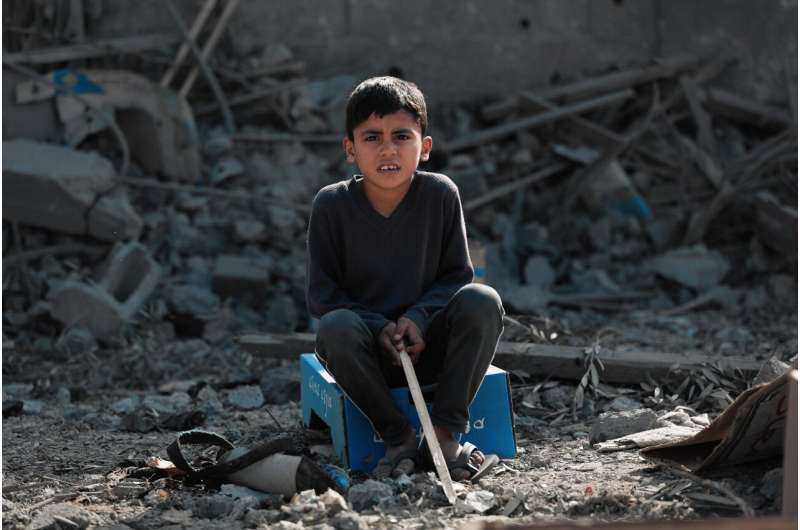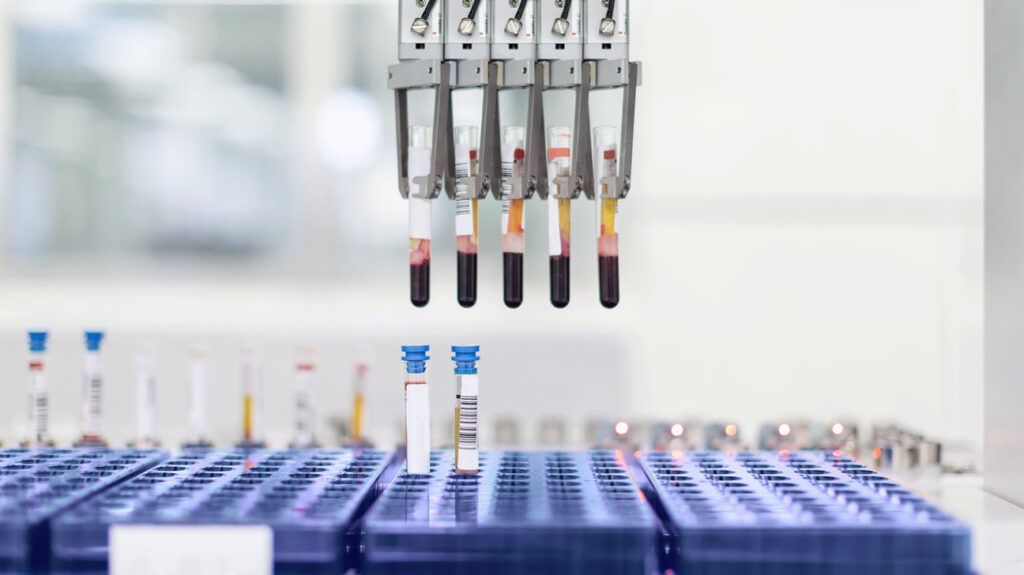Alarming Rise in Acute Malnutrition Among Children Under Five in Gaza

Recent studies estimate over 54,600 children under five in Gaza suffer from acute malnutrition, with severe cases on the rise due to ongoing conflict and aid restrictions. Urgent intervention is needed to prevent a deepening health crisis.
Recent estimates reveal a concerning situation in the Gaza Strip, where over 54,600 children aged under five are suffering from acute malnutrition. Among these, more than 12,800 are classified as severely malnourished, facing life-threatening health conditions and limited treatment options. The data, collected through rigorous screening from January 2024 to August 2025, highlights profound increases in malnutrition levels amidst ongoing conflict, blockades, and severe restrictions on humanitarian aid.
A comprehensive study published in The Lancet, conducted by the UN Relief and Works Agency for Palestine Refugees in the Near East (UNRWA), involved screening nearly 220,000 children across multiple health centers and emergency shelters in Gaza. The findings indicate a dramatic escalation in wasting — a form of acute malnutrition characterized by rapid weight loss and extremely low body mass — with prevalence rates rising from 4.7% in early 2024 to a peak of 15.8% by mid-2025.
The ongoing blockade has severely limited the entry of essential supplies, including food, water, fuel, and medical resources. During periods of intensified restrictions, child malnutrition surged, exposing vulnerable children to increased mortality risk. Notably, some areas such as Rafah experienced a staggering rise in wasting from 7.1% to over 31% during 2024.
Experts warn that unless a lasting ceasefire is achieved and unrestricted humanitarian aid is reestablished, the situation will worsen, leading to higher child mortality and long-term health consequences. UNRWA Director of Health, Dr. Akihiro Seita, emphasized that recent developments, including infrastructure destruction and displacement caused by conflict, have severely hampered efforts to address malnutrition.
Lead scientist Dr. Masako Horino stressed that the current crisis has reversed years of progress in child health, with preventable malnutrition now affecting thousands of young children. The study underscores the urgent need for effective, sustained interventions and international cooperation to prevent further deterioration of child health in Gaza.
This report highlights the critical impact of war and restrictions on children's health and calls for immediate action to prevent a catastrophic long-term health crisis in the region.
Stay Updated with Mia's Feed
Get the latest health & wellness insights delivered straight to your inbox.
Related Articles
Innovative Acid-Resistant Hydrogel Enhances Gastric Wound Healing in Animal Studies
A groundbreaking acid-resistant hydrogel inspired by gastric mucus has demonstrated significant potential to enhance wound healing in the stomach, showing superior adhesion, durability, and biocompatibility in animal studies.
Blood Test for Insulin Resistance May Help Predict Early Alzheimer's Cognitive Decline
A simple blood test measuring insulin resistance using the TyG index may predict the rate of cognitive decline in early Alzheimer's disease, opening new possibilities for early intervention and personalized treatment.
New Brain Imaging Technique Uncovers Hidden Vascular Changes with Age
A groundbreaking MRI technique reveals age-related increases in tiny brain vessel pulsations, offering new insights into vascular health and neurodegenerative disease risks.
Understanding Access to COVID-19 Vaccines in 2025: What You Need to Know After Recent Policy Changes
Learn the latest updates on COVID-19 vaccine availability in 2025, including new federal guidelines, eligibility, and how to access vaccines as policies change amidst ongoing health debates.



